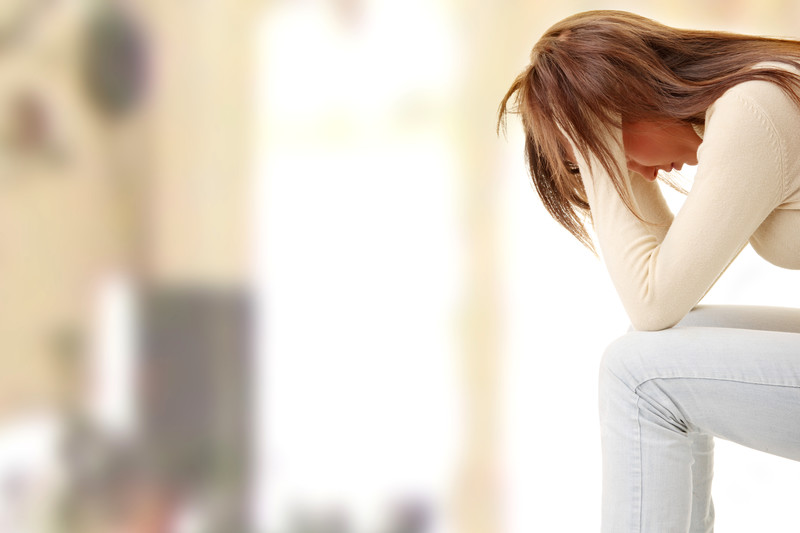
Key messages
- Alcohol and drugs impacts everyone's ability to make decisions.
- It is important young people consider their values and whether they would like to have sex before they try alcohol and drugs for the first time as this will help with their decision making.

It is common for young people to try drugs and alcohol as they get older.
The effects of alcohol and drugs impacts young people's developing brain and decision making when under the influence. It is also difficult for young people to know their limits, how to look after one another.
According to La Trobe University's 7th National Survey of Secondary School Students and Sexual Health of the participants who had experienced unwanted sex, 28% indicated they were too drunk or high at the time to consent.1
The mixture of alcohol and drugs is a potentially harmful combination for young people. These circumstances may typically be encountered, perhaps for the first time, at events such as parties, school balls and Leavers Week celebrations. Using alcohol and other drugs affects the ability to make informed decisions and inhibits someone's ability to comprehend what other people are saying or their body language.
More information about keeping safe during Leavers Week is available on the official website - Leavers WA
Tips to help keep young people safe
- Be aware that risk-taking behaviours are more likely to happen when alcohol and other drugs are being used.
- Keep an eye on friends and ask they do the same.
- If alcohol is used, limit the amount and space drinks with soft drink or water.
- Don’t pressure anyone into drinking, trying drugs or being ‘physical’ when they are not interested.
Encourage young people to make their own decisions about sex
- Being intoxicated affects your decision-making ability so it is best to plan ahead before actually drinking and make advanced decisions about what will be done to manage your safety. The pressure and temptation of drugs and alcohol can be hard to avoid and the challenge for young people is to know their limits and act in a way that allows them to stay true to their own values and beliefs.
- Be clear that no one has the right to force or pressure you into having sex or any other activity that you do not want to do.
- If there is a chance that sexual intercourse may happen, encourage young people to take condoms or other barrier methods are available in readiness for ‘safer sex’.
- Think about what is needed to be safer and how safer sex will be negotiated with a partner including talking about how to prevent STIs and BBVs.
- If a young person decides they are not ready to have an intimate sexual relationship or sexual intercourse it will help them to have a clear sense of how to say "no", be able to talk about it and know how to deal with someone trying to talk them into it. Friends, parents or a counsellor may be able to help with this.
- Remember, it’s ok to say "no" – others do. Keep this in mind if there is:
- Pressure to have sex or someone is being persuasive.
- It is ok to say “no” at any point in time, even if you have engaged in sexual activity before, even if you are in the middle of sexual activity at the time. You can say “no” even when there was a previous decision or agreement. You can always change your mind and this decision should be respected.
- The facts show that not everyone is having sex. Pressure may come from those who want to do it to make themselves feel more comfortable about their own choices.
- If you are not comfortable discussing safer sex with a partner, give consideration to whether or not you are really ready for an intimate sexual relationship with that person.
- If you are concerned about a friend's safety and they are under the influence of drugs and alcohol - you can call 000 and you won't get in trouble.
Relevant resources
Websites
School Drug Education and Road Aware (SDERA)
Provides information for young people about relationships and safer sex, and the importance of consent.
Fact sheets/booklets/videos
Who or what will you pick up at the party?, WA Department of Health
Sex and drugs, Get the Facts
For further details about drink spiking, polydrug use, key messages for young people on resisting peer group pressure and staying safe using alcohol and other drugs see the Drug Aware website.
References



